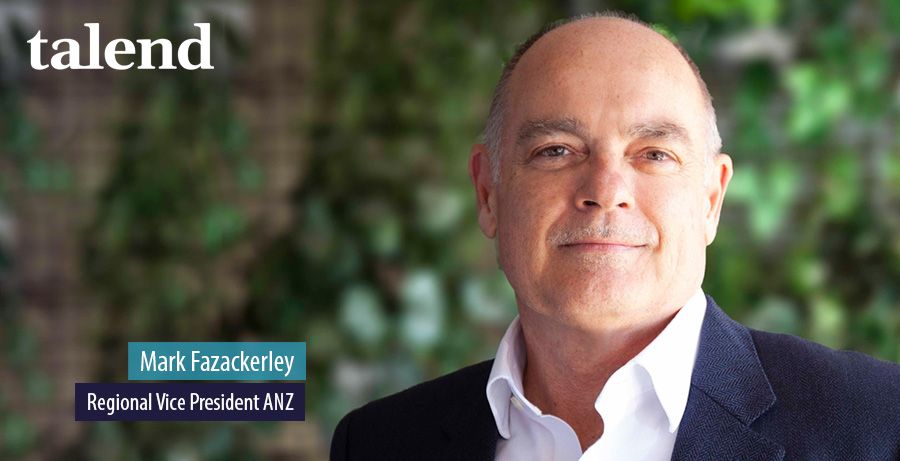Data sharing is a vital activity in today’s business world. It doesn’t matter if you want to give a colleague a draft report, or share financial details with a partner. Being able to easily and securely share data is crucial.
Covid-19 lockdowns were a great example of the benefits of data sharing. This allowed Australians to get timely and reliable services when they needed them. Data sharing allowed for the quick identification and contact of people who may have been exposed by Covid-19.
Data sharing between organisations is also increasing. Research firm IDC estimates that by 2026, 30% of ASEAN’s top-500 companies’ revenue will come from industry ecosystem-shared data and applications. They also expect operations initiatives to be shared with partners, industry entities and business networks.

The Economist conducted a study on Snowflake, a data cloud company. It found that almost half of Australians reported selling data to vendors (44%), or to government bodies (42%). This shows that data sharing cannot be ignored.
The government is the leader
The public sector is responsible for ensuring secure and effective data sharing in certain countries. The introduction of the General Data Protection Regulation in Europe (GDPR) has opened new doors in the digital age.
The European Union has made it possible to create a more transparent and responsible data industry. There are many new initiatives and proposals, such as the Data Governance Act, which is designed to provide a framework for data sharing in order to foster innovation and collective intelligence.
The Data Availability and Transparency Bill, first introduced in Australia in December 2020, is now back in parliament for further review and discussion. The legislation provides a new way for public-sector entities to share data and sets the groundwork for the establishment of a National Data commissioner.
Accessibility improvement
While many organizations in the private sector are aware of the benefits of data sharing and can overcome any obstacles, it can still be difficult to achieve. These problems are common to all data projects: trust, data governance, technology deployment, and organisational culture.
APIs are the basis of every successful data sharing strategy. Public-sector entities typically publish open APIs as part of open data projects. Private-sector organizations will rely on private APIs or partner APIs with restricted access.
Implementing a data sharing strategy is only possible if you have an effective API development process. Developers and time are required to develop APIs. It can take up to five days to create an API.
There are technologies that simplify this process. API consumers, such data analysts, can use standard API libraries. In just a few hours, a data analyst could publish an API and gain access to the information that they need. The APIs allow for automatic management of data access.
Data sharing must be profitable and well managed in order to make it valuable. A Talend survey from 2021 revealed that data quality was a major challenge for half of business leaders.
Without ensuring data health, organisations can’t move on to the next stage of the data lifecycle. As the French say, “Tell Me What You Eat” and “I’ll Tell You Who You Are”, data health must be measured from creation to use.
In a world where data ownership is ubiquitous, a data culture in an organisation can be the greatest barrier to sharing. This culture must overcome the difficulties posed by business departments that operate in silos. It is up to the senior managers to explain and then to put in place strategies for making it happen.
Data sharing is a great benefit, but there are still many things that can be done to make it more widespread. Think about how your organisation could do better at this task.
About the author: Mark Fazackerley, Regional Vice President Australia and New Zealand at Talend (a provider of data management software), is Mark Fazackerley.


